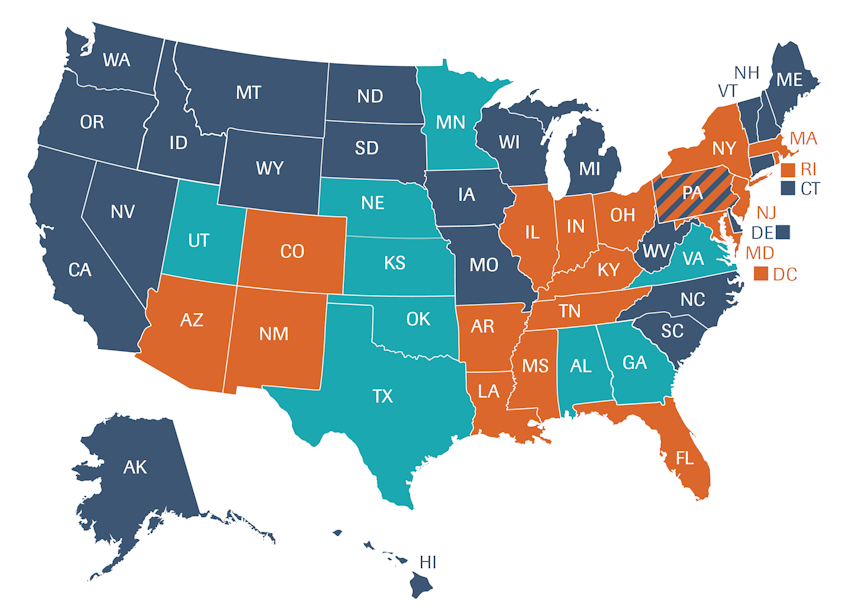
Reposted from Politico:
A Politico investigation has found that Pearson stands to make tens of millions in taxpayer dollars and cuts in student tuition from deals arranged without competitive bids in states from Florida to Texas. The review also found Pearson’s contracts set forth specific performance targets — but don’t penalize the company when it fails to meet those standards. And in the higher ed realm, the contracts give Pearson extensive access to personal student data, with few constraints on how it is used.
Politico examined hundreds of pages of contracts, business plans and email exchanges, as well as tax filings, lobbying reports and marketing materials, in the first comprehensive look at Pearson’s business practices in the United States. The investigation found that public officials often commit to buying from Pearson because it’s familiar, even when there’s little proof its products and services are effective.
The story of Pearson’s rise is very much a story about America’s obsession with education reform over the past few decades. Pearson has aggressive lobbyists, top-notch marketing and a highly skilled sales team. Until the New York attorney general cracked down in late 2013, Pearson’s charitable foundation made a practice of treating school officials from across the nation to trips abroad, to conferences where the only education company represented was Pearson.






